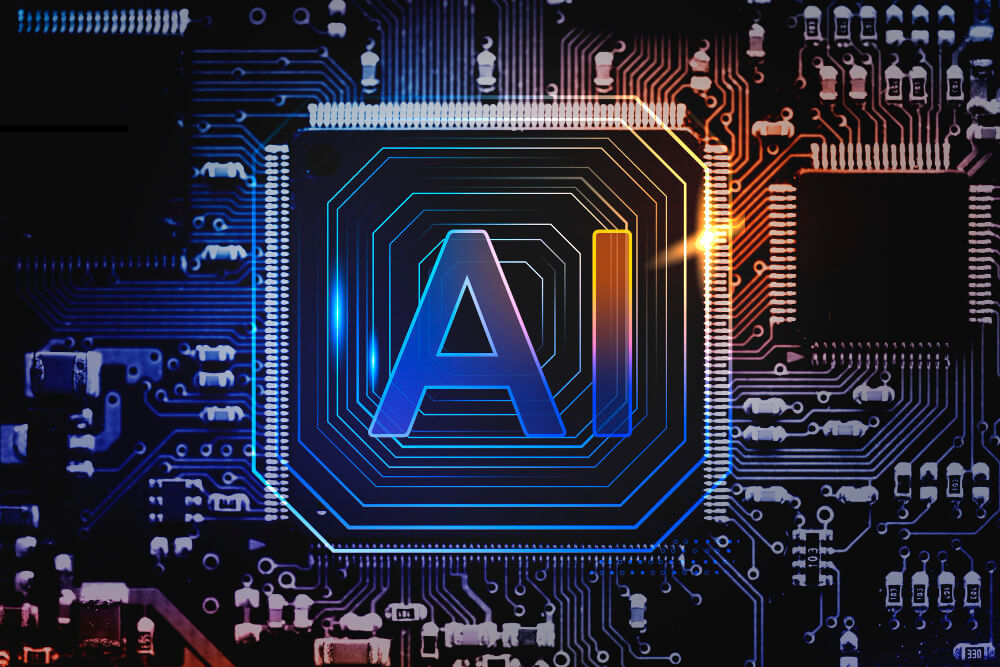
In the rapidly evolving landscape of technology, Artificial Intelligence (AI) stands out as a transformative force reshaping our daily routines and interactions. From personal assistants to smart home devices, AI has seamlessly integrated into various facets of our lives, offering convenience, efficiency, and novel experiences. As we delve deeper into the age of AI, its influence becomes increasingly profound, revolutionizing industries and enhancing human capabilities. Let’s explore the rise of Artificial Intelligence in everyday life and unravel its myriad implications.
The Dawn of AI: Transforming Daily Tasks
AI has become ubiquitous, permeating our daily lives in ways we might not even realize. Voice-activated virtual assistants like Siri, Alexa, and Google Assistant have become indispensable companions, streamlining tasks and providing instant access to information. Whether it’s setting reminders, checking the weather forecast, or playing music, AI-powered assistants have simplified mundane chores, allowing us to focus on more meaningful pursuits.
Moreover, AI algorithms power recommendation systems on streaming platforms, e-commerce websites, and social media networks, tailoring content and suggestions based on our preferences and behavior. These personalized recommendations enhance user experience and drive engagement and revenue for businesses. By analyzing vast amounts of data, AI discerns patterns and predicts user preferences with remarkable accuracy, delivering tailored content at the right time and place.
AI in Healthcare: Revolutionizing Patient Care
In the realm of healthcare, Artificial Intelligence is revolutionizing patient care and medical diagnostics. AI-driven applications analyze medical images, such as X-rays, MRIs, and CT scans, with precision and speed, aiding in early detection and diagnosis of diseases. Deep learning algorithms can detect anomalies and patterns that might escape the human eye, assisting radiologists in making more accurate diagnoses and treatment plans.
Furthermore, AI-powered chatbots and virtual health assistants provide round-the-clock support, offering personalized medical advice, scheduling appointments, and even monitoring patients’ vital signs remotely. This not only improves access to healthcare services but also alleviates the burden on healthcare professionals, allowing them to focus on complex cases and patient care. With the integration of AI, healthcare systems can enhance efficiency, reduce medical errors, and ultimately improve patient outcomes.
Read Also: AI In Digital Marketing Automation
AI in Education: Personalized Learning Experiences
The realm of education is also witnessing the transformative impact of Artificial Intelligence, ushering in a new era of personalized learning experiences. AI algorithms analyze students’ learning patterns, strengths, and weaknesses to tailor educational content and learning paths accordingly. Adaptive learning platforms can dynamically adjust the difficulty level of assignments and quizzes based on students’ performance, ensuring optimal engagement and mastery of concepts.
Moreover, AI-powered tutoring systems provide individualized support and feedback, catering to students’ needs and learning styles. Virtual tutors can answer students’ questions, offer explanations, and provide additional resources, supplementing traditional classroom instruction. By leveraging AI, educators can unlock the full potential of each student, fostering a more inclusive and effective learning environment.
Transforming Transportation with Autonomous Vehicles
Transportation has undergone a paradigm shift with the emergence of autonomous vehicles. AI algorithms power self-driving cars, enabling them to navigate complex traffic scenarios and adapt to changing road conditions. Beyond personal transportation, AI optimizes logistics networks, reducing delivery times and minimizing fuel consumption. The prospect of a future where accidents are rare, and traffic congestion is a relic of the past is becoming increasingly plausible.
AI’s Impact on Finance and Education
In the realm of finance, AI algorithms analyze market trends and consumer behavior, guiding investment decisions and managing risk. Trading algorithms execute transactions at lightning speed, exploiting fleeting opportunities in the market. AI-powered chatbots provide personalized financial advice, democratizing access to wealth management services. While concerns about algorithmic bias and systemic risks persist, the potential for AI to democratize financial services and foster inclusive growth is undeniable.
Education is undergoing a transformation fueled by AI-driven personalized learning platforms. These platforms adapt to individual learning styles and paces, offering tailored educational experiences. AI tutors provide instant feedback and assistance, supplementing traditional teaching methods and expanding access to quality education. As AI continues to evolve, it holds the promise of addressing educational disparities and nurturing lifelong learning.
Addressing Ethical and Societal Challenges
While the rise of AI in everyday life brings unprecedented convenience and efficiency, it also raises ethical and societal challenges. Questions about data privacy, algorithmic bias, and job displacement loom large, demanding thoughtful regulation and ethical frameworks. As stewards of this technological revolution, it is incumbent upon us to harness the power of AI for the collective good, ensuring that its benefits are equitably distributed and its risks mitigated.
Conclusion
In conclusion, the rise of Artificial Intelligence in everyday life is reshaping the way we work, communicate, learn, and interact with the world around us. From virtual assistants and personalized recommendations to healthcare diagnostics and educational tools, AI permeates every aspect of our lives, offering unprecedented opportunities and challenges. As we embrace this technological revolution, it’s essential to harness the power of AI responsibly, ensuring equitable access, privacy protection, and ethical use. By leveraging the potential of Artificial Intelligence, we can unlock new possibilities, drive innovation, and create a brighter future for humanity.






